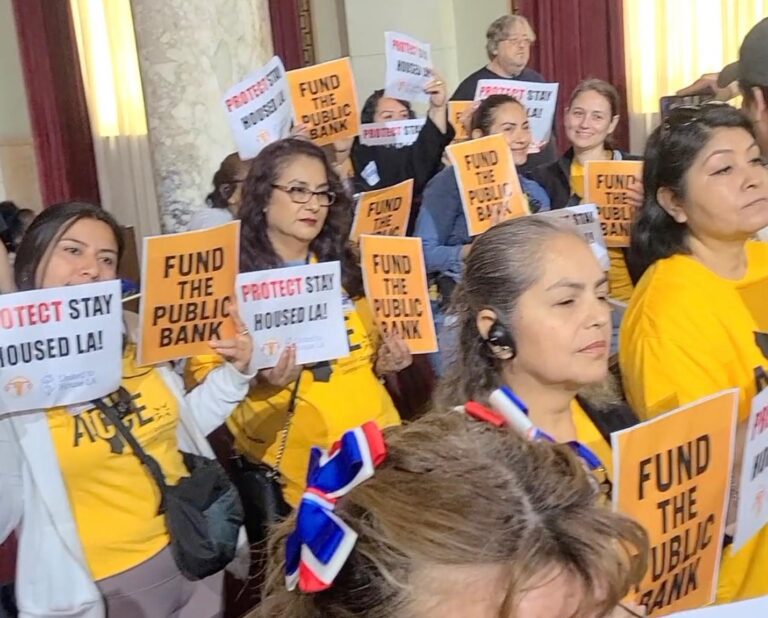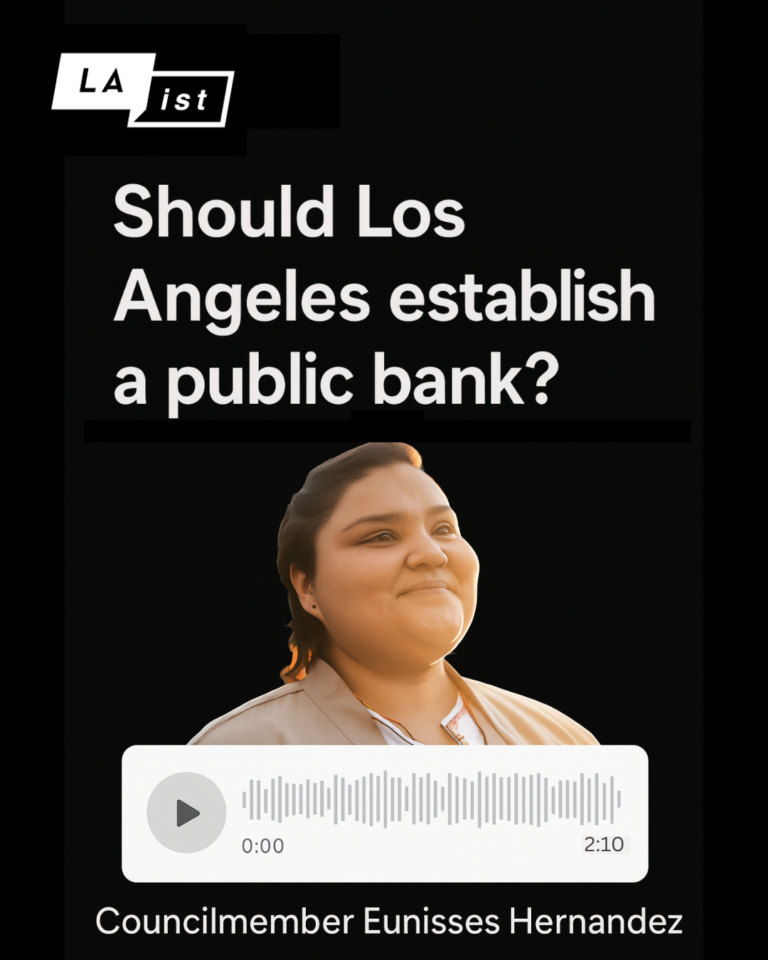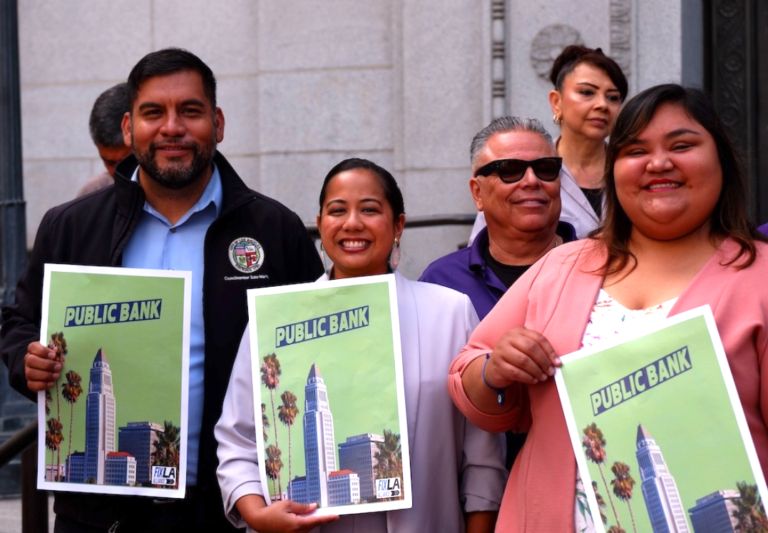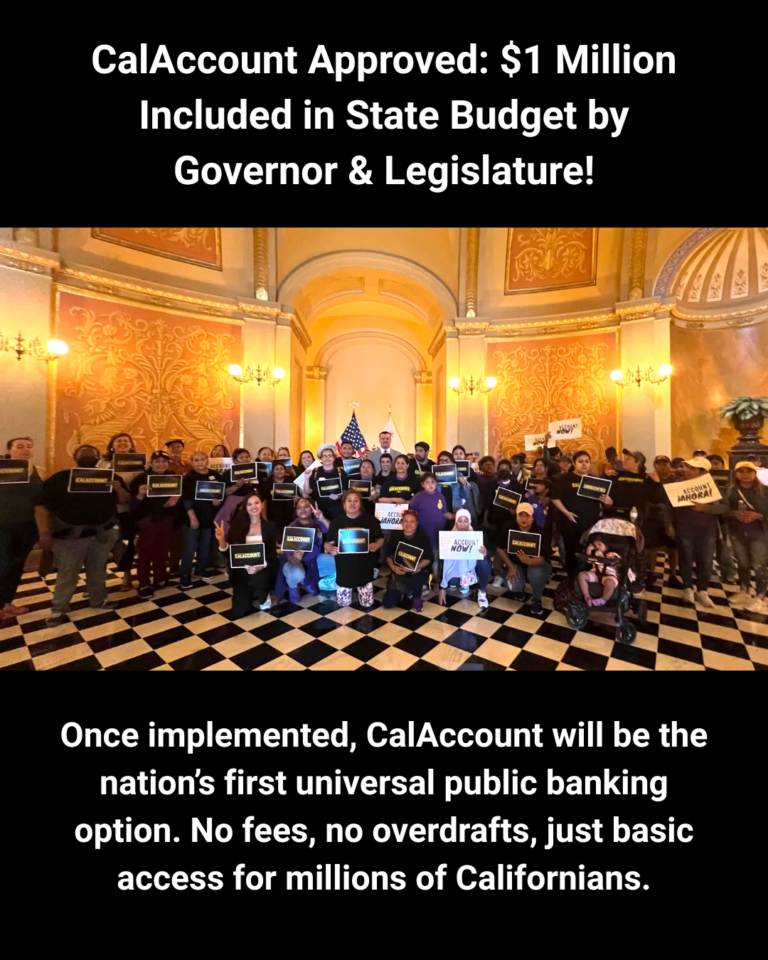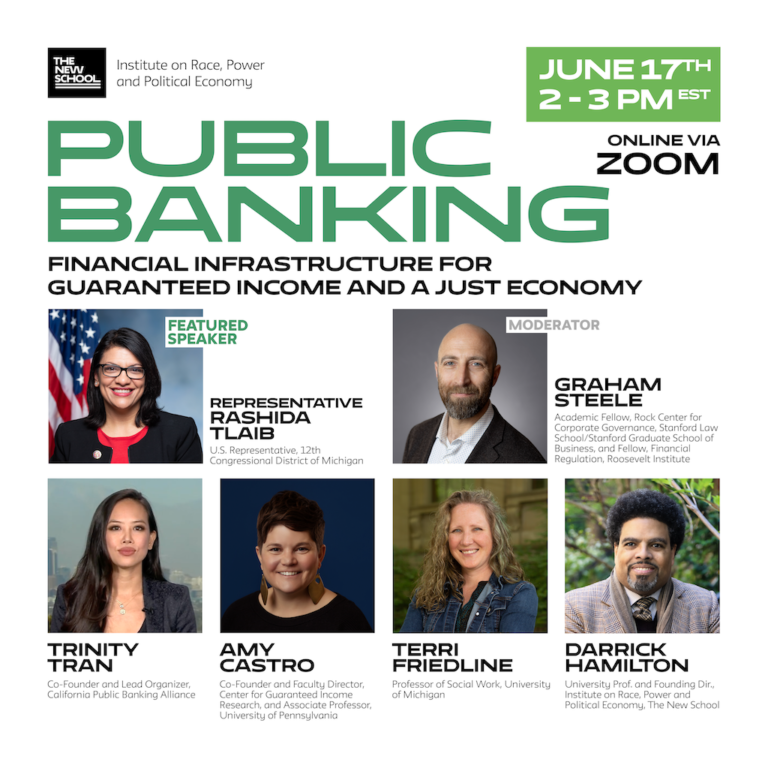NOEMA MAGAZINE – By Michael McCarthy, Berggruen Institute Fellow for Noema Magazine.
It’s the year 2043 and you’re running late for a meeting that will shape the future of the place you live.
You’re riding Los Angeles’ new electric speed rail instead of driving on congested freeways, because a new democratic process for allocating funds has completely reshaped the city in recent years. You step off the train in the Public Finance District, where the streets were converted into pedestrian zones after huge investments in transportation eliminated the need for cars downtown.
The cleanliness of the sidewalks would have come as a shock even 10 years ago. Gone are the days when people with nowhere else to go lived on them. Instead, the city has allocated finance into public housing and health projects that have gone a long way toward solving the problems of the city’s worst off.
Today, you have a chance to participate in the process that helped these changes come to be. You pull out your phone to check the message you received months ago: “Minipublic Duty Notification: You have been selected at random to participate in the citizen assembly for the People’s Bank of Los Angeles in its Green Futures division. The assembly will make decisions about financing that will determine what green public goods our city will invest in in the future. Your voice and judgement are essential.” So you pick up the pace, heading in the direction of the public bank.
This vision of the future can become a reality by democratizing finance. Finance capitalism has generated a litany of social ills: tremendous upward redistribution, stagnant growth, increased worker precarity, macroeconomic instability and the hastening of ecological demise. When we look to the failures of global coordination, finance seems to always be right there, holding the smoking gun — or financing its sale and the pulling of its trigger.
Continue reading on Noema Magazine.


